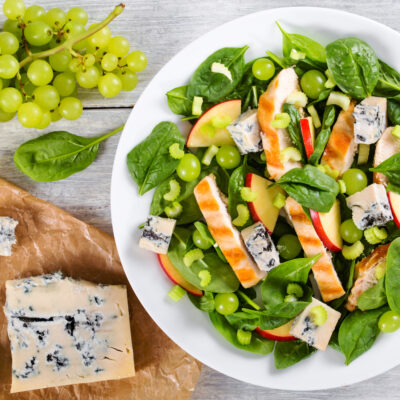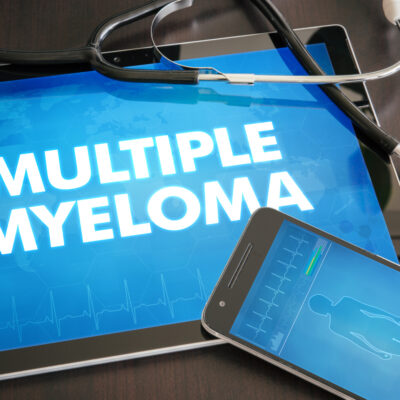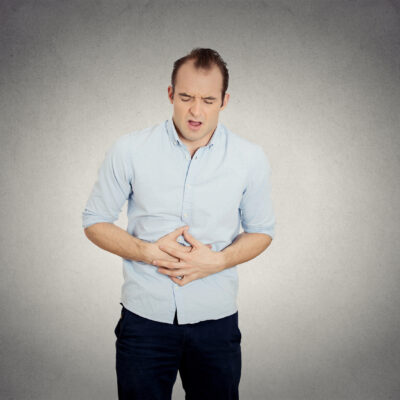
Foods that can help you deal with menopause
Menopause is a natural and significant phase that occurs in every woman’s life. It is often associated with symptoms like headaches, hot flashes, weight gain, vaginal dryness, mood swings, and an inability to focus.
Even though we are all always conscious of what we eat, menopause highlights the importance of a healthy diet. A good and well-balanced diet can greatly diminish the chances of certain complications that may otherwise occur during or after menopause.
It is important to note that nutrients such as calcium, vitamin D, fiber, etc, especially help in negating the adverse effects of menopause.
- Yogurt
As you experience menopause, your bone health begins deteriorating. It is important to consume foods rich in vitamin D and calcium to maintain bone health. Low-fat dairy products such as yogurt, almonds, sardines, and fortified orange juice are some of the best ways to get your Vitamin D and calcium intake. It is advisable to consume 1,200 milligrams of calcium every day.
- Soy
Some experts recommend soy to relieve hot flashes. It contains an essential compound known as isoflavones that triggers the body to produce an increased amount of estrogen, which helps treat the symptoms of menopause. Besides, it is also a great source of fiber. You can consume tofu, edamame beans, and soy-based foods at least twice a week to maintain good health after menopause.
- Flaxseed
Flaxseeds are an amazing plant-based food item that is rich in Lignans Phytoestrogens which is quite similar to estrogen. It is known to reduce hot flashes and improve health during menopause. It is advisable to consume 40 grams of flaxseeds every day to fight against the symptoms.
- Fresh fruits and vegetables
Brightly colored fruits and vegetables are a storehouse of essential minerals, vitamins, fiber, and antioxidants. Consuming a plate of full of fruits and fresh vegetables instead of sugary desserts and red meats can have lasting health benefits. It will not only help you keep your weight in check but will also help control your blood glucose and cholesterol levels.
- Whole grains
It is advisable to consume more whole grains, such as quinoa, steel-cut oatmeal, brown rice, and barley; they are rich in vitamin B and can provide you with energy. These foods also keep stress at bay and boost digestion. Whole grains also contain fiber and folic acid, thereby minimizing the chances of cardiac diseases after menopause.
Apart from following a healthy diet that includes the foods mentioned above, it is also essential to drink ample water. Hormonal changes after menopause can often lead to bloating but drinking plenty of water can prevent this.
A well-balanced diet is helpful in keeping the symptoms of menopause at bay. Additionally, you can also take calcium and vitamin D supplements to prevent osteoporosis, a common ailment after menopause.


